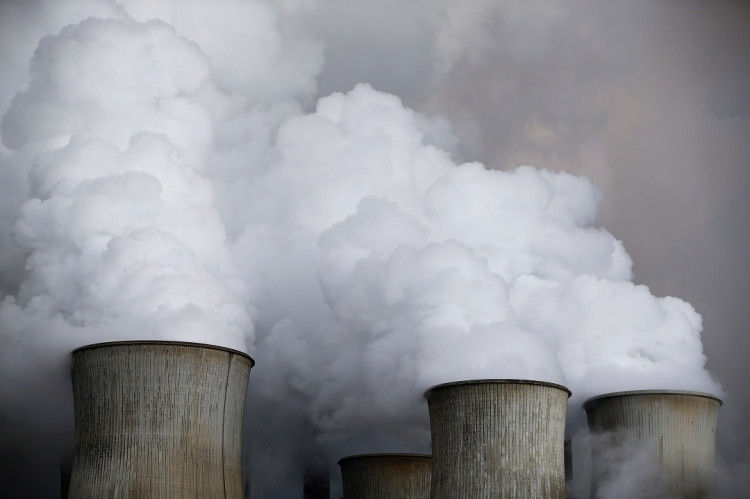Despite pledges to reduce emissions and cut funding for fossil fuel-heavy companies, the actions of the world’s 60 largest financial institutions suggest change is still a long way off, according to a Rainforest Action Network report released this week.
The voluntary Paris Agreement, signed by nearly 200 countries in 2016, set out to limit global warming to two degrees Celsius and end climate change as soon as possible — for their part, many banks around the world also promised to get involved.
But five years on, oil patch financing and coal projects continue to receive funding from top investment banks and financial organizations. In 2020, JPMorgan Chase led fossil fuel financing at $51.3 billion, followed by Citi with $48.4 billion and Bank of America at $42.1 billion.
This practice is risky for financiers as well as the environment.
“As a bank that is lending to these coal and oil companies, they must be worried about whether the assets will get stranded and whether they will be able to repay their debts,” Hong Kong-based ESG analyst Johnson Kong said in an interview with Business Times on Friday.
But change is slow. Organizations making pledges to meet zero carbon emissions “face a lot of policy and economic changes to facilitate this, and all of these changes pose financial risk,” Kong said.
As a result, most commitments by these large financial groups are very long term and vague — their success depending on a mix of accountability checks and a systemic move towards a greener economy that could take decades.
Citi, the second worst top offenders in the recent report, committed on Tuesday to achieving net zero greenhouse gas emissions in their financing by 2050.
“We are hard at work developing our net zero plan, and we will report on our progress along the way,” Citi’s chief sustainability officer Val Smith said in a blog post this week.
This should be taken with a grain of salt. Despite announcing plans last year to suspend business with thermal coal mining companies by 2030, Citi earned a meager 9.5 points out of 32 on the RNA report’s coal mining policy scoreboard.
Several other notable offenders, including Bank of America and Morgan Stanley, also pledged to reach net-zero carbon emissions by 2050 and the former promised to begin disclosing financial emissions by 2023.




